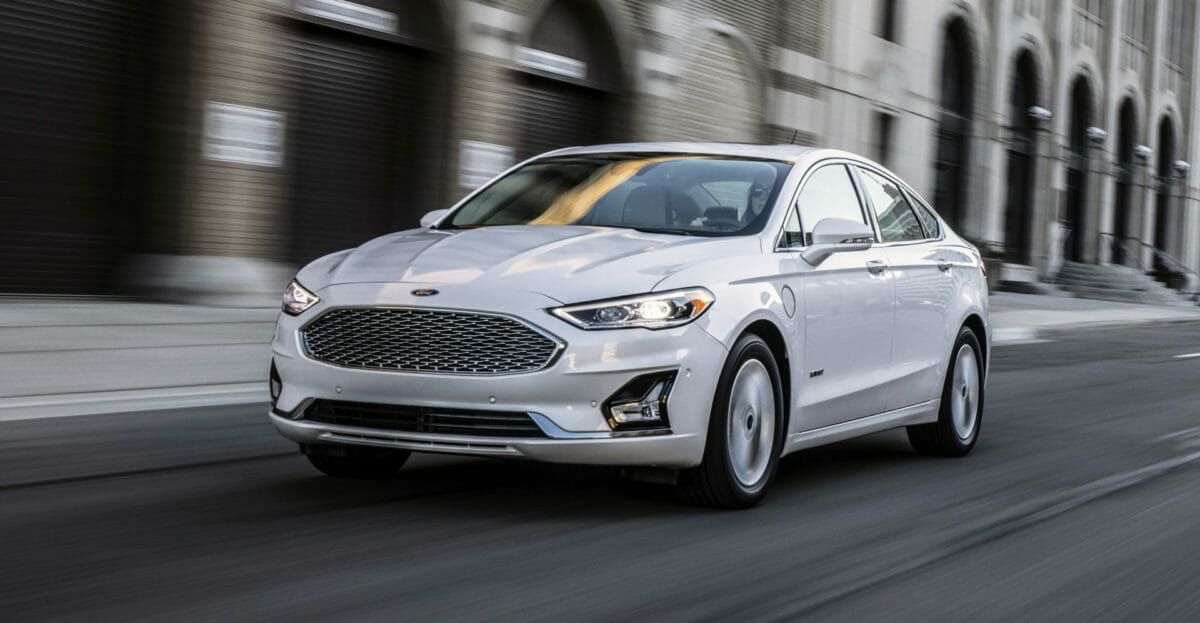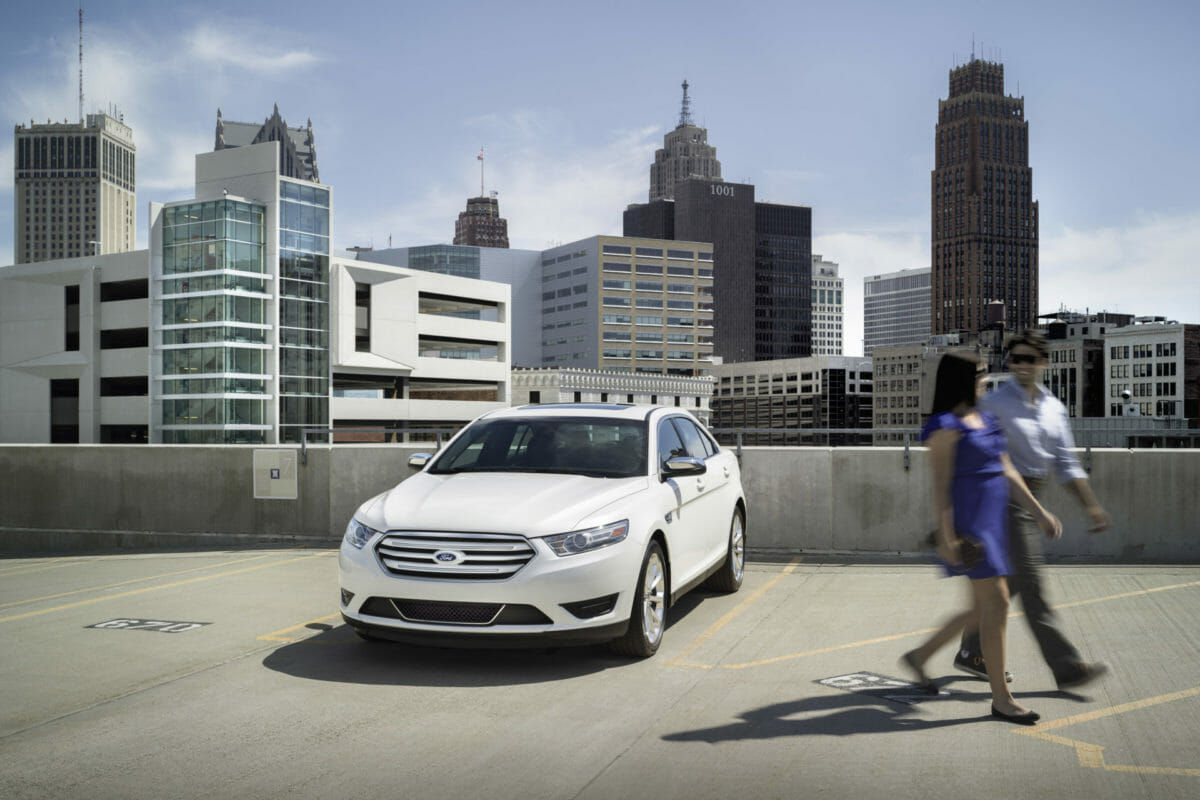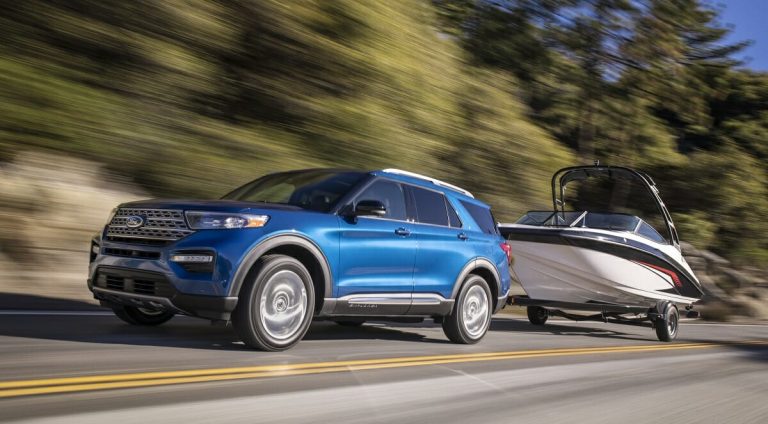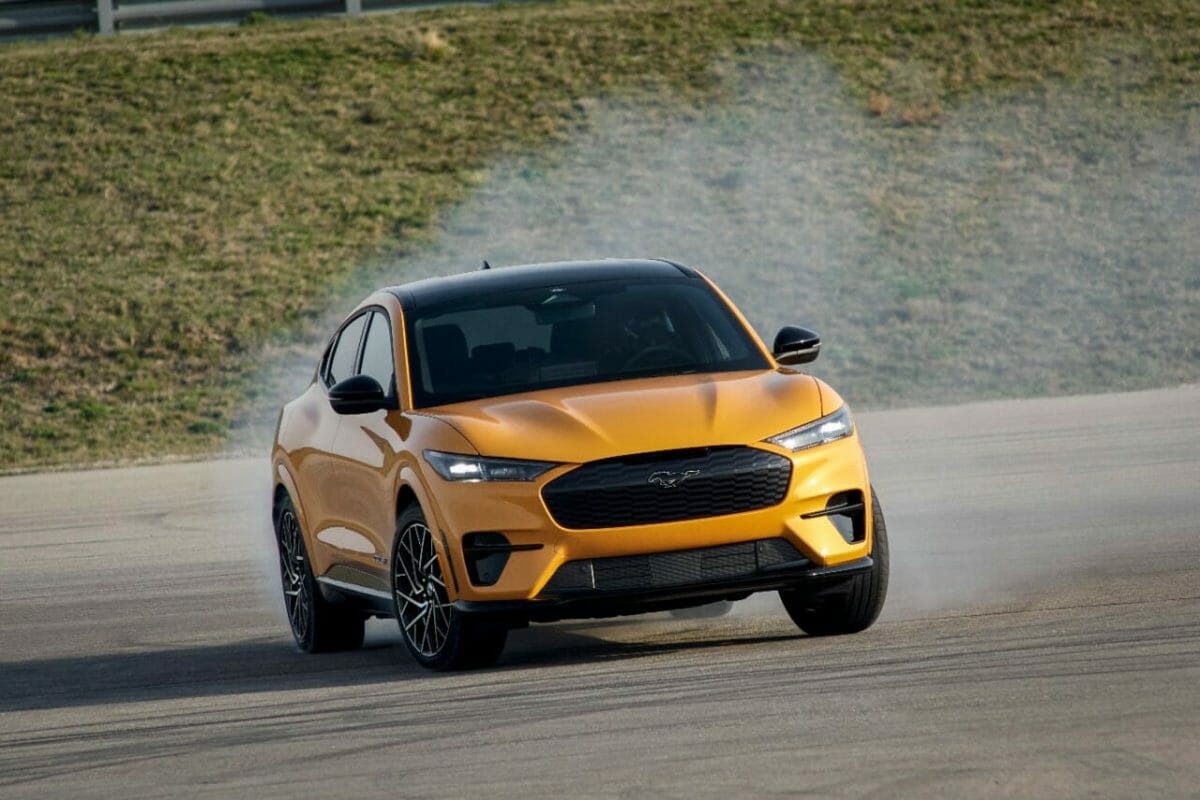The main reason for Ford’s enormous change in direction comes down to the numbers. But will Blue Oval’s famous cars ever return?

Since its establishment in 1903, Ford Motor Company has been responsible for some of the most historic and recognizable vehicles worldwide. From the industrialized Model T to the cutting-edge Mustang Mach-E, Ford has constantly innovated while adapting to the market.
Even with their adaptive nature, it came as a shock to find Ford announced in 2018 they are rolling back production of sedans entirely.
Following the announcement, Ford began axing respected models such as the Fiesta, Taurus, and Fusion. The main reason for this enormous change in direction comes down to the numbers. People just aren’t buying sedans like they used to.

Why Perpetuate a Dying Market?
In the 1990s, Ford started the upswing in SUV popularity with the Explorer. Passenger sedans still served a purpose as everyday family cars or commuters, but many customers switched to SUVs for their practicality. Effects of this years later are the market showing high interest in a truck or crossover over a passenger sedan.
Sales figures across the market according to Auto Data in 2017 showed an 11% drop in car-based models, but pickups and crossovers rose 4.3%, accounting for 60% of all light-duty vehicle sales.
Ill-fated sedan lovers may not like the outcome. Still, many Americans no longer intend to buy a sedan with other options giving more utility and purpose than simple transportation. Ford, as a company, sells more F-series trucks than any other vehicle.
For Ford in 2020, 90% of sales were larger vehicles like the Explorer, F-250, and Transit vans. Out of two million units sold by Ford Motor Company in 2020, 700,000 of them were trucks. Only 163,000 cars were sold, as only the Mustang and GT are still available.
With all of the data in front of you, it is easy to see why Ford decided to shift its focus towards profitable, more innovative projects.

New CEO & New Vision for Ford
Former Ford CEO Jim Hackett was the major force in Ford’s new direction to stop selling cars. Taking on the role of CEO in 2017, Hackett shifted the focus of the company towards future investments.
Making the tough decision to get out of the sedan business, Hackett and other Ford executives invested eleven billion dollars into electric vehicle development. This funding supported the electrification of Ford’s famous models, such as the F-250 and Mustang Mach-E.
Other investments, such as a billion dollars into ArgoAI, a self-driving technology company, seemingly paid off after Volkswagen bought half of Ford’s stake in the company.
However, not much has come from their investment in terms of the product, seeing Ford push deadlines on self-driving projects into 2022.
Hackett’s decisions perpetuated the rise in oversized and more practical vehicles, leading to the revival of the Ford Bronco. The Ford Bronco was a top-rated off-road-focused SUV in the 1990s, and now 24 years later, it returned.
Surprisingly, the Bronco does not have a hybrid option, which doesn’t quite follow the electrified ideology Hackett brought to Ford.
Throughout its history, Ford Motor Company has seen plenty of CEOs come and go. Hackett is no different, as he only held his position for three years.
Mainly this is because of stock prices dropping 40 percent in 2020, but also due to Hackett reaching the end of his business career and wanting to retire. The impact he made on Ford is seen as misdirection by some, but with the electric wave of the future, Ford needed to catch up.

Ford’s Electrified Future
Although there is plenty of evidence to support Hackett’s decision to end sedan production and invest in electrified projects, there is seemingly an underlying reason as to why Ford made the final call.
In 2011, the car industry in the United States won a change to the EPA’s calculation of Corporate Average Fuel Economy (CAFE) standards. The “footprint rule” refers to the area between all four wheels of a vehicle and is what the EPA uses to calculate the vehicle’s fuel economy, based on a function of its size. This rule change incentivizes manufacturers to build larger vehicles, holding them to looser standards. Results of this are larger vehicles that rake in profit.
It should come as no surprise that most new vehicles on the road are more prominent than their previous generation due to this loophole. Taking Ford’s own Explorer SUV as an example, the latest generation is 4.9 inches longer and 5.2 inches wider than the previous model.
The “footprint rule” is not the only reason for model growth. Bigger cars feel better, you quite literally get more for your money, but it is also cheap value for the manufacturers. Margins are higher per inch, making a bigger vehicle easier to squeeze profit out of.
After an announcement from EPA administrator Scott Pruitt stating the rollback of 2025 standards outlined by the agency, Ford’s team mapped out what they needed to meet CAFE standards. Outcomes showed that Ford no longer needs mileage offsets from smaller, less profitable vehicles.

What Comes Next for Ford Sedans?
For now, there is no indication that Ford will be bringing sedans back to the U.S. any time soon. Hackett passed the torch to current CEO Jim Farley, who worked closely with Hackett during the transition and end of sedan production.
“The hardest thing for a proud, long-lived company to do is change to meet the challenges of the world it’s entering rather than the world it has known,” said Hackett in a press statement. “I’m very proud of how far we have come in creating a modern Ford, and I am very optimistic about the future.:”
Farley perpetuates this notion, and his history with Ford since 2007 has been focused on technology development, including AI, connectivity, and automation. Ford sedan lovers will have to hold on to hopes of a return, but most likely in the form of an all-electric vehicle.
Photos: Ford